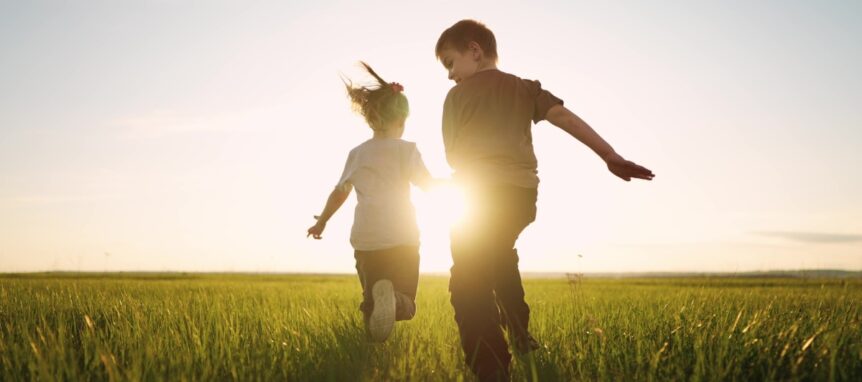As students settle into the rhythm of the school year, their schedules become packed with classroom lessons, homework, and screen-based learning. While academic achievement is a top priority, it’s equally important to ensure that children spend meaningful time outdoors. Fresh air, unstructured play, and natural surroundings offer benefits that can’t be replicated in indoor environments—especially during the school year, when pressures and expectations tend to increase.
Outdoor time isn’t just a break from the books; it’s a vital component of healthy development. For many kids, time in nature is where creativity blooms, stress fades, and new skills take root. As families and educators look for ways to support students’ academic, emotional, and physical well-being, the importance of outdoor experiences becomes even clearer.
Supporting Mental Health and Emotional Resilience
One of the most critical reasons outdoor time is so essential during the school year is its positive impact on mental health. The demands of schoolwork, social pressure, and extracurriculars can lead to stress and anxiety in children and teens. Nature provides a calming counterbalance, offering a quiet space where children can reset emotionally.
Studies have shown that even short periods of time spent in green spaces can reduce cortisol levels—the hormone associated with stress—and help improve mood. Being outside gives kids the chance to decompress, which in turn helps them return to their studies with greater focus and emotional balance.
Promoting Physical Activity and Healthy Habits
Children are spending more time sitting than ever before—whether it’s at desks, in front of screens, or during car rides. Outdoor play encourages physical movement in ways that are fun and engaging. Whether they’re climbing trees, kicking a ball, or hiking a trail, children move their bodies naturally when they’re in open spaces.
Regular outdoor activity improves cardiovascular health, strengthens muscles and bones, and helps prevent childhood obesity. It also builds endurance and coordination, all while making exercise feel like play instead of a chore.
Enhancing Focus and Academic Performance
Contrary to the belief that time away from the classroom is a distraction, outdoor activity can actually enhance academic outcomes. Exposure to natural environments has been linked to improved concentration, memory, and cognitive performance.
For example, children who spend time outside during the school day often return to class with renewed energy and better attention spans. Outdoor time stimulates the brain in unique ways, activating curiosity and enhancing learning potential. It helps children return to their desks ready to engage more effectively with schoolwork.
Encouraging Social Skills and Teamwork
Outdoor environments create ideal conditions for social growth. Unstructured play in nature encourages kids to interact, collaborate, and resolve conflicts without constant adult direction. Whether they’re building forts, navigating trails, or engaging in outdoor games, children learn important communication and teamwork skills.
These interactions support the development of empathy, patience, and leadership—skills that are just as essential as reading and math. In outdoor settings, kids tend to take more initiative, rely on peers, and work together to overcome physical or creative challenges.
Sparking Curiosity and Love for the Environment
During the school year, much of children’s learning is structured and curriculum-driven. Outdoor time allows space for curiosity-led exploration. Discovering bugs under a log, watching birds build nests, or observing how plants change with the seasons can ignite a lifelong interest in science and the natural world.
This kind of experiential learning is not only memorable, but it also encourages children to care for the environment. When kids develop a connection to nature, they’re more likely to grow into adults who value conservation and sustainable practices.
Where Camp Fits In
Outdoor camps provide a vital opportunity for kids to access all of these benefits during the school year. Whether it’s a weekend program, a seasonal break like Spring Camp, or after-school nature-based activities, camps create intentional outdoor experiences that support a child’s whole development.
At Camp Live Oak, we know how critical nature is to a child’s growth. Our seasonal programs, including Spring Camp and other outdoor learning adventures, give kids the chance to explore, reflect, and connect with the world beyond the classroom. These programs are designed to complement academic life—not compete with it—by offering children a chance to recharge and discover new strengths.
To learn more about how Camp Live Oak can help your child thrive this school year, get in touch with us

